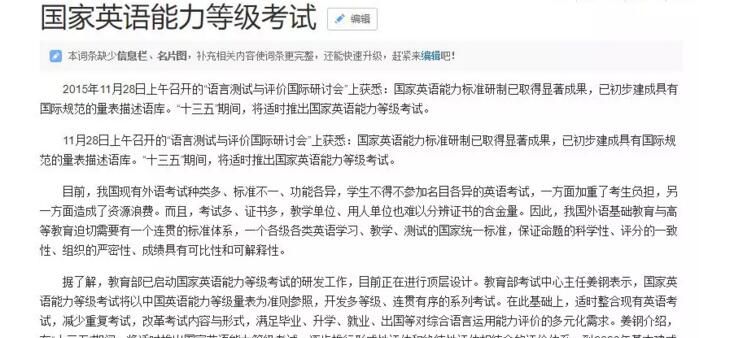金融英语阅读:金融世界第四讲b
|
下面我们再听一遍哈珀教授谈话。(略) 值得一提的是,根据经济学家的统计,实际流通的货币量只占货币总供应量的百分之六到百分之七。那么,为什么货币供应量一直被看作是个重要的经济问题呢?这是因为它与社会的经济活动历来都有可以预测的联系。 过去一个国家的政府可以为货币供应增长的比例制定出数量上的目标,以对经济进行某种控制。但现在有一系列的因素使得政府逐渐失去了对货币供应增长程度的控制。拿澳大利亚来说,这些因素包括非银行金融系统的发展、一九八十年代初期开始的放松对金融系统的管制以及技术时代的来临等等。所有这些因素都使刚才提到的各种货币供应量的定义之间变得模糊不清。另外,人们也改变了使用货币的方式。 澳洲广播电台金融节目主持人巴里克拉克对此进行了解释。在接下来我们要听的这段谈话中,他提到了这样一个英文缩写: EFTPOS,它的全称是 Electronic funds transfer at point of sale,销售现场电子转帐系统。 EFTPOS, EFTPOS 澳洲广播电台金融节目主持人巴里克拉克说: Because traditionally the holding of cash meant foregoing interest, economists assume people minimise their cash-holding and prefer to hold deposits which earn interest. But the cost of holding deposits is the need to convert them into cash before they can be spent. 由于传统上留存现金意味着 利息 的损失,经济学家假定人们都会尽可能少地留存现金,而把钱存在银行来获得利息。 但是在出现销售现场电子转帐系统之前,为此要付出的代价是必须先要把存款变成现金才能用来购物。 This is no longer necessary. Technology allows the use of savings account balances through EFTPOS without converting the balances into cash first. You simply use your card to make a purchase. Also, because building societies and credit unions paid higher interest rates than banks, people moved their deposits out of the banking system into what we refered to as broad money. |








